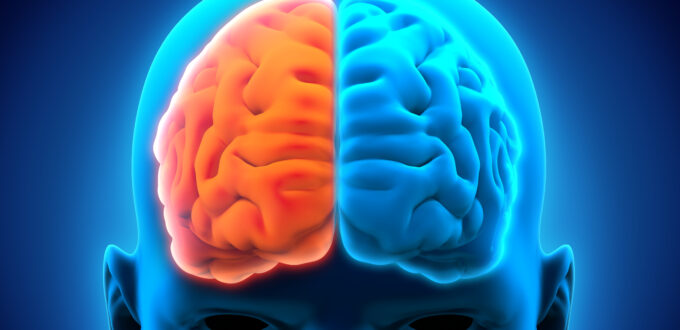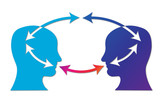The Therapist’s Right Brai...

I have been obsessively watching the Olympic Games in Milan/Cortina. The ability of professional athletes who have trained throughout their lives to make unbelievably difficult physical feats appear effortless is thrilling. When medal winners are asked by reporters, “How did you perform so well under the pressure of the Olympics?” the athletes say, “We just […]
Right Brain-to-Right Brain Commu...

Current scholars in the fields of neuroscience, infant research and relational psychology emphasize that the mechanism of right brain-to-right brain communication is the engine that drives the formation of our most intimate relationships. This mechanism is the essential process through which infants and their mothers form an attachment — either in a healthy or pathological manner — […]
How the System Heals

Illustrating how the system heals is best told in the stories of couples who used their therapy to heal each other. The names have been changed to preserve confidentiality. “How could you be so irresponsible? Do I have to do EVERYTHING?!” Matthew had agreed to take over paying their mortgage, because his pattern of failing to do important […]
Trusting the System

Most of us have had the experience of interacting with an individual therapy patient or a personal acquaintance and subsequently being with them and their life partner and feeling startled at how differently they behave when together from the ways we have known them individually. We are witnessing the operation of an intersubjective system that […]
The Risks and Rewards of Doing C...

It is distressing to me that I hear from therapists with increasing frequency, “I don’t treat couples anymore.” When I ask them why, the answer is usually some version of “It’s too hard.” “Too hard?” I ask. “Yes; there are too many emotions flying around the room at once, and I can’t keep up with […]
Therapist Outbursts

When I was being trained, myself and my fellow psychotherapy trainees lived in fear of committing that which at a time prior to the development of relational theory was labeled a “therapeutic error.” There was unfortunately a long list of such errors, most of which were not grievable offenses, but could nevertheless get you blamed for the […]
Therapist Self-disclosure

The subject of therapist self-disclosure is a complex and controversial one that has been addressed in many ways within the professional literature. For our purposes, we will be looking at how therapist self-disclosure can further the safety and progress of treatment. The previous post defined therapist self-disclosure as a powerful tool that can be utilized to normalize […]
Another Look at Safety

At the end of the previous post, I described couples therapists with these words: “We are the guardians of safety within the therapeutic system…. We hold the healing frame….” This blog has addressed the issue of therapeutic safety numerous times, but we cannot be reminded too often to take another look at safety. Many of […]
Exposing the Healing Power of Co...

In the previous post, we looked at the patterns of couples’ interactions that we most commonly see when the partners are in conflict. Now we turn to how we address their patterns therapeutically. In Neurodynamic Couples Therapy, our treatment is not focused on directly resolving their conflicts. In fact, tolerating the unresolved state of the conflicts […]
Understanding Couples Patterns

Anyone who has done couple therapy is familiar with the patterns of behavior that partners demonstrate with each other from the moment we meet them. Some of these patterns can be pleasurable and functional, but those are not the ones that lead couples to seek treatment. We identify them as patterns because they are repeated […]
